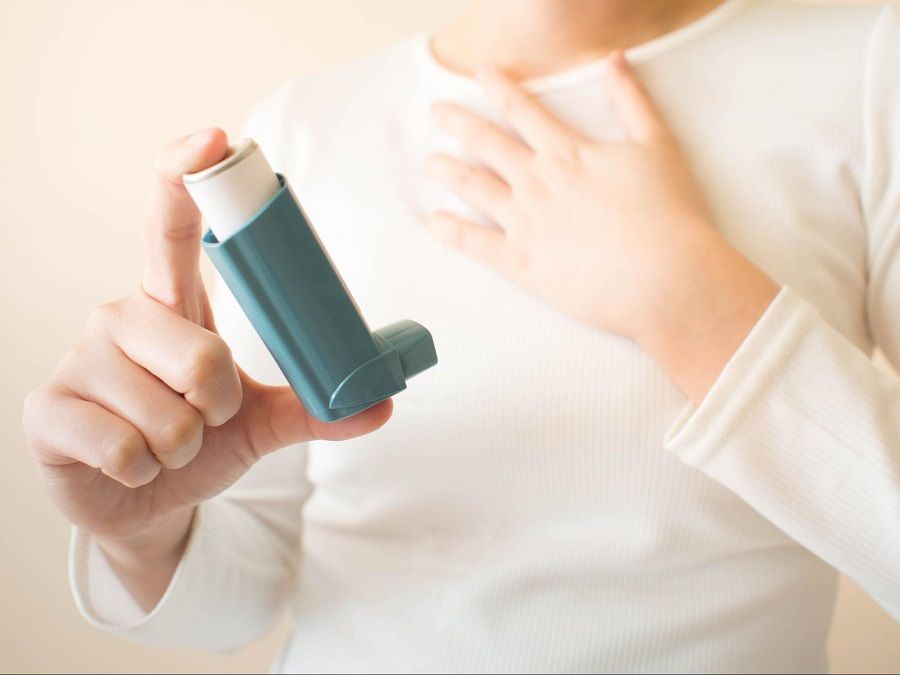
The Centers for Disease Control (CDC) estimates that approximately eight percent of Americans suffer from the condition known as asthma. Asthma occurs when the airways narrow and become swollen or coated in mucous, making it difficult to breathe. But did you know that asthma affects more than just the lungs? It can also affect your oral health.
There are a number of ways in which asthma can negatively affect oral health, the first being dry mouth. Dry mouth occurs when there is a lack of saliva in the oral cavity. For asthmatic patients, this can happen for many reasons. The first is mouth breathing. Because those with asthma often struggle to breathe, they may compensate by breathing through their mouth, effectively drying out the mouth as they breathe. Dry mouth is not only uncomfortable it can also cause an overgrowth of oral bacteria – bacteria which can cause cavities and gum disease.
Another common cause of dry mouth in persons with asthma is medication. Some asthma Another somewhat common oral health issue caused by asthma medication is a condition known as thrush. Thrush is an overgrowth of yeast in the mouth which causes white patches to appear on the mouth and tongue.
Furthermore, red mouth sores or lesions can appear due to some asthma medications. Although harmless, they can be very painful.
Finally, some patients with asthma may suffer from odontophobia or fear of the dentist. This can prevent them from attending regular dental appointments because they are afraid of having an asthma attack out of fear of the dentist. If you suffer from asthma and odontophobia, speak with Dr. Abelar about ways we can make your exam more comfortable. If you have asthma it is of the utmost importance that you attend regular dental exams, especially if you use a daily inhaler or suffer from dry mouth medications may include a daily or rescue inhaler, both of which can dry out the mouth. In fact, it is recommended that after you use your inhaler you either rinse your mouth with water or brush your teeth if possible. Last, if you do have asthma or take any asthma medications, discuss these with Dr. Abelar at your appointment to see if any additional intervention is needed.
To schedule your appointment with Dr. Abelar, please contact the office today.






